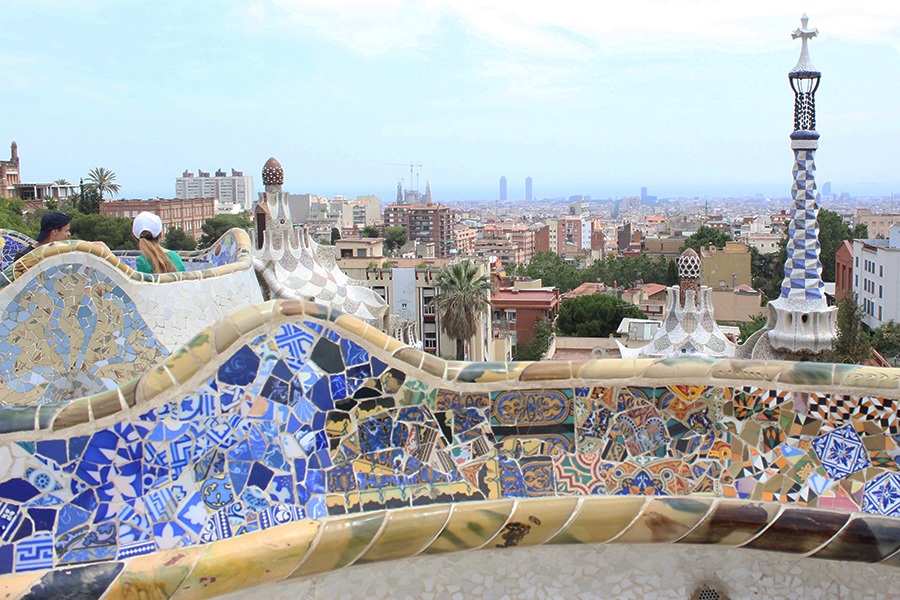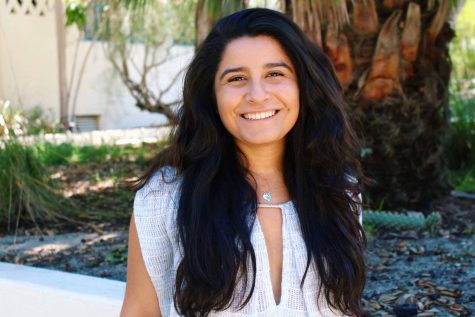For years, Spain seemed immune to terror attacks.
The last time Spain was threatened by terrorism was in 2004, when ten explosions on commuter trains killed 191 and left hundreds injured.
This changed on Thursday, Aug. 17, when a van was driven down Las Ramblas, a famous pedestrian pathway in Barcelona, killing 13 people and injuring over 100. Two more were also killed in separate but related incidents.
Business entrepreneurship senior Erin McClafferty was in Barcelona the day of the terror attack.
She was vacationing in the city of approximately 1.6 million for a week and was staying less than a mile from Las Ramblas.
McCafferty said she was in the area where the attack occurred just an hour before.
“When we heard about the attack, we locked the doors and stayed in the Airbnb,” McClafferty said. “I was afraid to leave to get food because they had not found the driver. I went outside to get a pizza from the place on the corner but everywhere was closed.”
For the first time since beginning her visit, she said, the streets were quiet.
Melissa Vargas, an international business senior, studied abroad in Barcelona for six months in the spring.
She said she was heartbroken when she heard about the incident.
“It definitely put me to tears and hit me very personally because Barcelona was my home for six-and-a-half months,” Vargas said. “I was in contact with people I knew there, and they were sending me videos of the aftermath of it. I couldn’t even watch the whole video because it was gruesome. The amount of people screaming for help and covered in blood was the worst thing to watch.”
Vargas said when she saw the news of the attacks, she couldn’t help but think it could have happened to her while she was studying there.
After the terror attack in Las Ramblas, the police shot and killed a man – believed to have been behind the wheel of the van used in the attack – in a gas station 30 miles northwest of Barcelona.
The man, identified as 22-year-old Younes Abouyaaqoub, became the most wanted man in the country in the hours after the killings. Abouyaaqoub was among 12 people suspected of carrying out the terrorist attacks. As of Monday, seven others had been killed by police, and four were in custody.
Noah Hansen, director of SDSU’s International Student Center, said SDSU offers a mandatory pre-departure orientation to all students who participate in the university-sponsored study abroad programs.
“The orientation provides students with information that supports their health and safety during their time abroad, and prepares them for potential incidents, including natural disasters and terror attacks,” Hansen said.
Vargas said she does not think the SDSU study abroad department left her with enough knowledge of what actions to take if a terror attack occurred.
“We live in a world now where (we need to) learn precautions and safety tips to know what to do,” she said. “I would hope I would run as quickly as I can, but there were a lot of unfortunate people that didn’t even get the chance to run away from it.”
If an incident occurs in a country where students are studying abroad, International Student Center staff will personally email all the students in the affected area, according to Hansen.
Hansen said SDSU did not have any university-sponsored study-abroad programs in Barcelona, Spain during the time of the attack, but staff checked in with everyone studying in Spain as a precaution.












